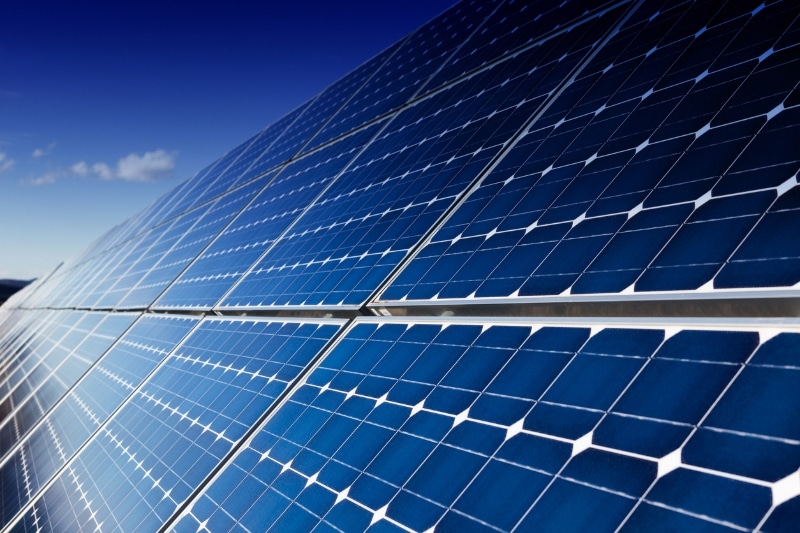Indonesia is looking to develop a USD 4 billion polysilicon industry, which could pave way for the tropical country to produce more solar panels. The government has been in talks with several unidentified potential investors, who are set to partner with local companies to set up two plants. Polysilicon is a vital material for solar panels, and prices soared to a 10-year high in 2021, driving local solar firms to boost production of the material.
Indonesia’s first polysilicon plant, valued at USD 800 million, will likely start to be built in Batang, Central Java, in the third quarter and produce 40,000 tons in the initial phase. The second plant in North Kalimantan is expected to produce 160,000 tons of polysilicon with up to USD 3.2 billion of investment. Once the bigger facility is completed, the Batang plant will shift to making electronic-grade material to supply the semiconductor industry. With these plants in place, Indonesia would be able to offer polysilicon, a key material for making solar panels, at below the market price.
As Indonesia seeks to move away from fossil fuels and rely more on renewable energy, it plans to install large-scale solar panels to generate 5.3 gigawatts of power through 2030. It’s also encouraging factories, offices and households to install more panels on their rooftops.
(Source: Bloomberg; Arab News)
